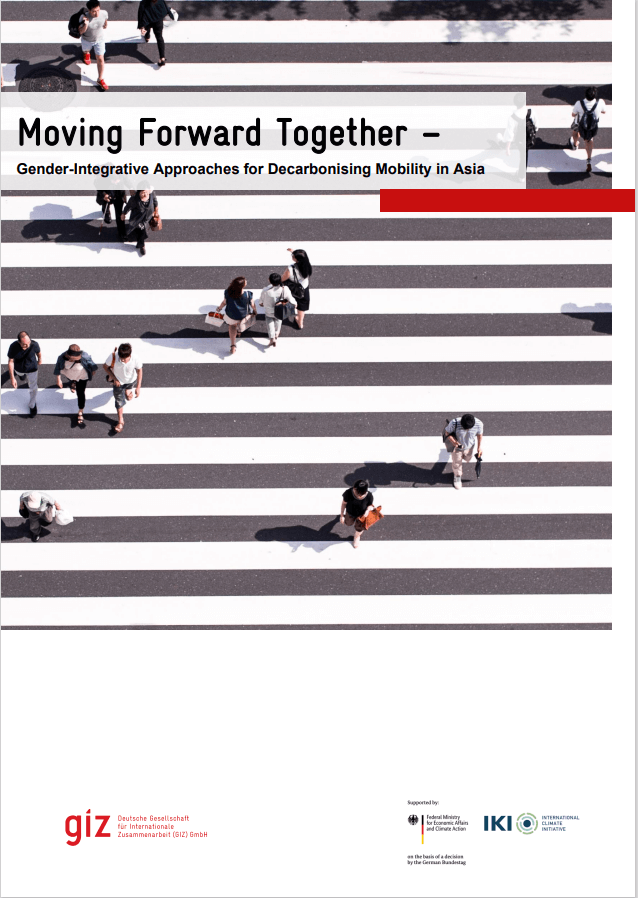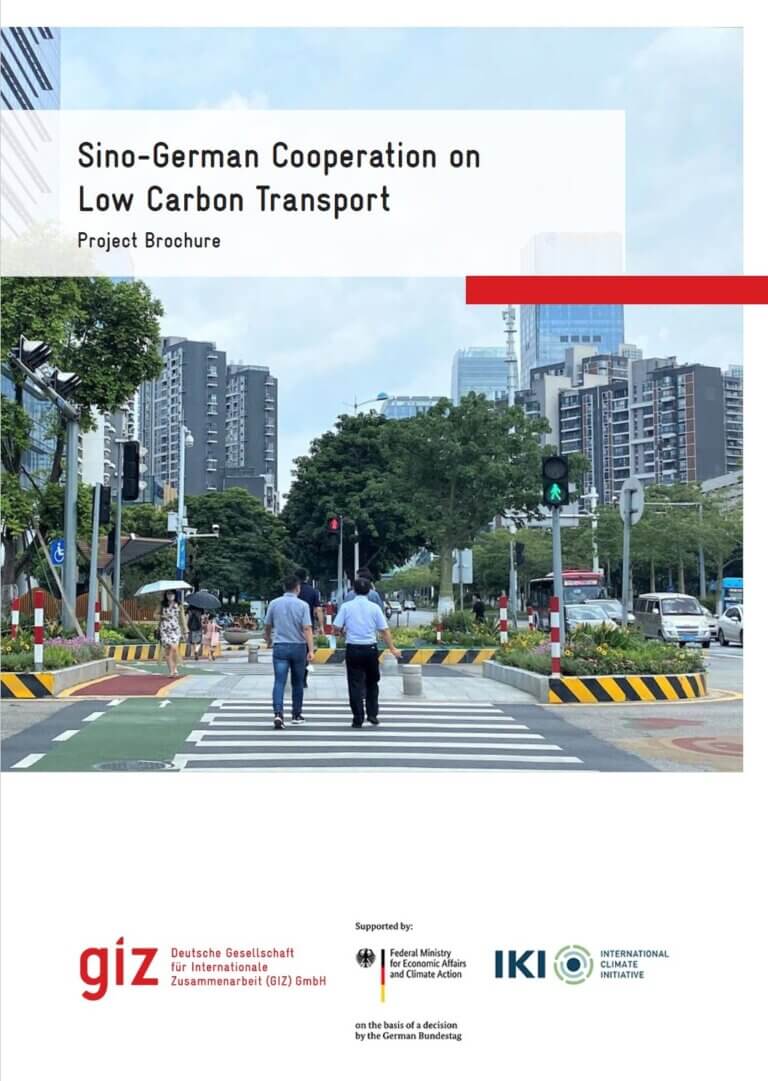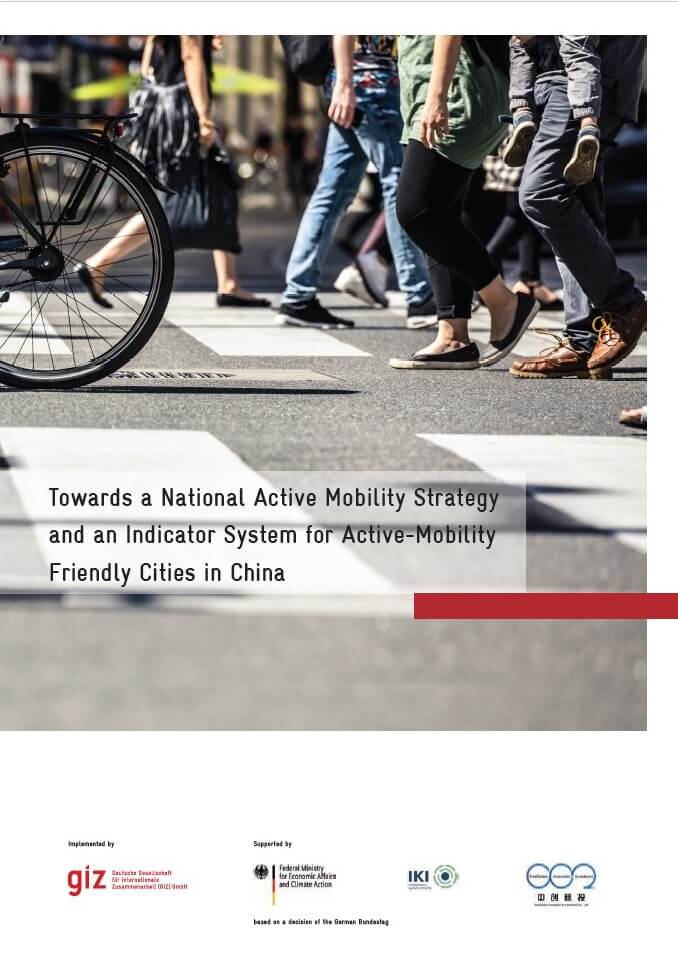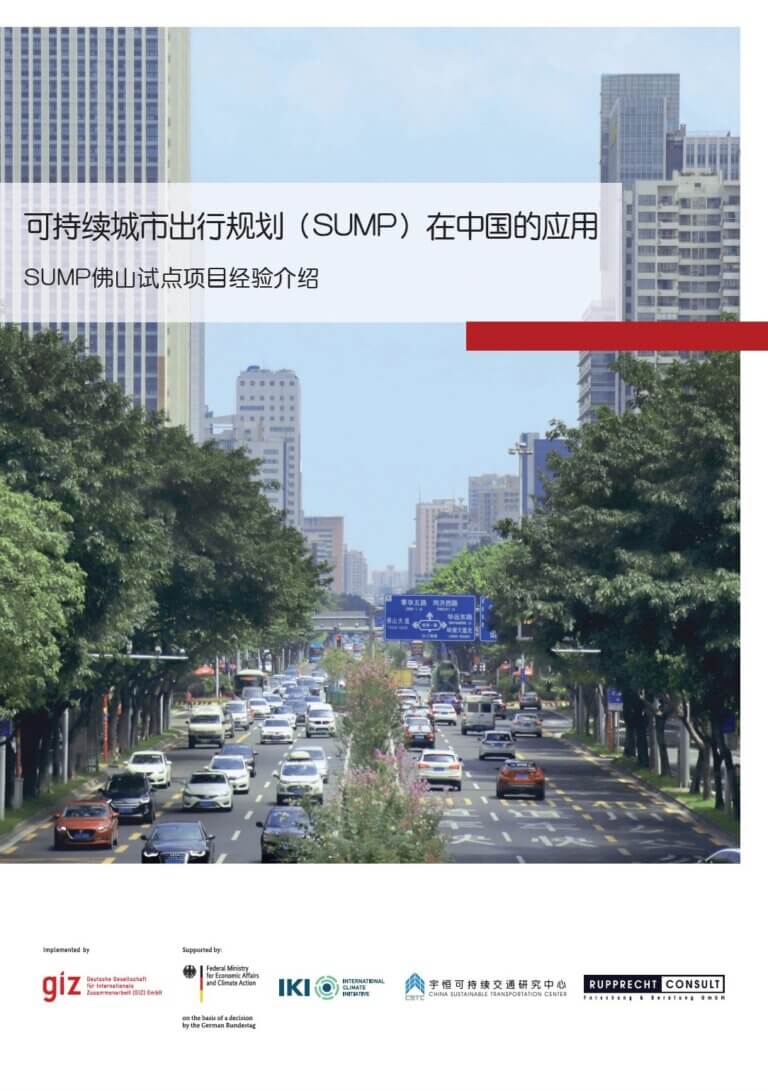Shared bikes, kick-scooters, e-mopeds and other ride sharing options have long become integrated in urban mobility landscapes. Urban mobility behaviour increasingly reflects the trend of „using instead of owning“, following which individual mobility needs are considered in the context of a just and environmentally friendly transport planning. In numerous German cities, so-called „mobility stations“ describe the respective infrastructures and traffic junctions, where different mobility offers are pooled at one location to enhance the accessibility and attractiveness of modern public transport.
In the frame of the project “Sino-German Cooperation for the Mobility and Fuel Strategy (MFS) as a Contribution to the Transport Transition“ by the Deutsche Gesellschaft für Internationale Zusammenarbeit (GIZ) GmbH, this report assesses different approaches and concepts for the planning and implementation of mobility stations in Germany. Based on interviews with stakeholders from public institutions, research institutes and traffic planning bureaus, the report highlights the importance of inclusive planning, the buy-in of all local actors as well as the consideration of specific spatial requirements in order to increase the acceptance of newly built mobility stations. A critical mass of vehicles is needed to incentivize more customers to use such mobility offer. Meanwhile, potential land competition and the linkage between urban spheres and the periphery illustrate future challenges for the further expansion of mobility stations.






